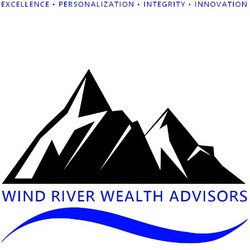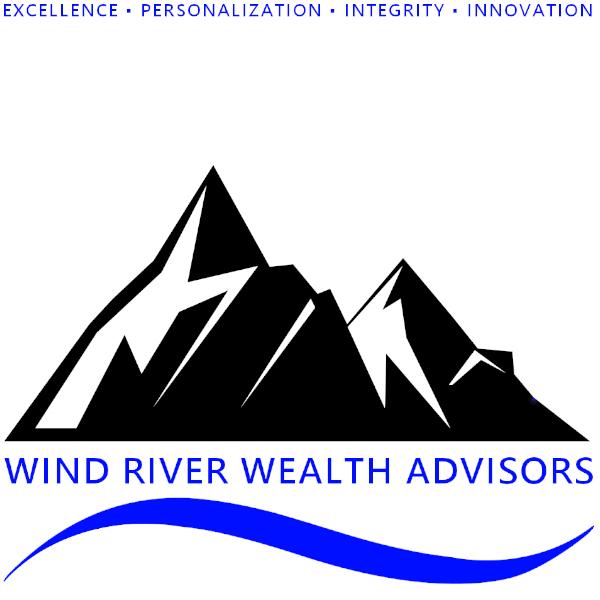
Caroline Castrillon, Senior Contributor
July 9, 2024
According to research from ADP it’s the top skill employers are looking for in new hires—a strong work ethic. This revelation comes at a time when companies are valuing soft skills more than ever. While technical skills are still in demand, soft skills give candidates a competitive edge. Without them, it’s impossible to keep up with the pace of change and evolve into a leader within the organization.

A strong work ethic can be a powerful asset.
GETTY
As businesses continue shifting to remote or hybrid models, it’s clear that employees need people skills to thrive at work. Companies recognize that hard skills can be taught while attributes like a strong work ethic are harder to find. One of the primary benefits of soft skills is that they are applicable in almost every industry. Now that non-linear careers are the new normal, workers can benefit from developing skills that will transfer easily to their next role.
A strong work ethic can be a powerful asset. Let's examine the concept and how you can develop it to ensure career success.
What Is A Strong Work Ethic?
A strong work ethic involves consistent effort over time. It is comprised of a variety of traits, including:
Integrity
Integrity refers to doing the right thing when no one is watching. It means you are reliable, ethical and trustworthy. A person with integrity behaves honestly and always tries to help others in need.
Professionalism
NBA great Julius Irving is famously quoted as saying, “Being a professional is doing the things you love to do, on the days you don't feel like doing them.” When you are a professional, you are attentive, respectful and honor your commitments. Professionals tend to routinely go above and beyond what is expected of them.
Accountability
When you are accountable at work, you accept responsibility for your successes and failures. If something goes awry, you own up to it rather than trying to hide your mistakes. Individual accountability creates a positive work culture where everyone feels they are doing their part.
Benefits Of Developing A Strong Work Ethic
A strong work ethic benefits the employee and the organization. For the individual, consistent hard work often leads to advancement opportunities and higher salaries. It also contributes to job satisfaction by instilling a sense of accomplishment and building self-confidence. There are also advantages for the business. When employees value commitment, they tend to produce higher-quality work. Those with a strong work ethic also contribute to a more positive company culture, enhancing retention and decreasing absenteeism.
Potential Downsides Of A Strong Work Ethic
While setting lofty goals is admirable, it can also be counterproductive. That’s because a strong work ethic can lead to anxiety if you start to demand perfection on a regular basis. This thought process works against you because you focus too much on the outcome instead of the task at hand. Another drawback is that people with a strong work ethic are in danger of taking on so many projects that it leads to burnout and exhaustion. Instead, set healthy boundaries by working smarter instead of harder.
How To Build A Strong Work Ethic
People aren’t simply born with a strong work ethic. It’s something you can learn and develop over time. If you’re new to the workforce, rely on managers, co-workers and mentors to understand what is expected of you. Each day, commit to creating a routine to avoid procrastination. In the morning, spend time determining what you’d like to accomplish that day. Practice self-discipline by documenting your assignments and prioritizing the most important ones. When possible, tackle the most difficult tasks first and automate repetitive work to increase efficiency. Finally, set healthy boundaries by knowing your limits. That way, you’re able to cultivate a strong work ethic that will stand the test of time while avoiding stress and anxiety.
Employers are placing a premium on soft skills. By adopting a growth mindset, you can develop a relentless work ethic. Just be sure to temper that drive with a healthy work-life balance. Only then can you consistently perform at a high level without facing exhaustion and burnout.
© 2024 Forbes Media LLC. All Rights Reserved
This Forbes article was legally licensed through AdvisorStream.


